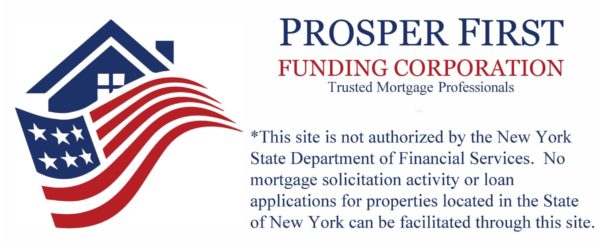We’ve all spent time looking at how much homes are worth on websites like Zillow. But it’s not immediately clear how these estimates are calculated or just how useful they are to buyers and sellers.
A quick look at how websites come up with their home valuations can be helpful for everyone. These numbers, designed to add some transparency to the home buying process, should be used as nothing more than a starting point.
How Home Valuations Are Done
Home valuations are not an exact science. Although informational sites like Zillow are designed to provide transparency using public records data, their home valuations have some considerable shortcomings. Calculations are done with complex algorithms rather than by humans, so they cannot always be accurate.
First, sites obtain county tax roll data to put into an algorithm. Public records show what you paid for your home and how much you pay in taxes. But two nearby homes that were purchased at different times can have very different tax bases. The property tax base is reset each time a home is sold; if you’ve only owned your home for a few years, you are probably paying more than the retirees next door who bought their home many years ago. But your home may not be worth any more than theirs.
These sites also become members of real estate listing services. They have access to all the data about houses that are currently on the market and houses that have been sold recently. This data, combined with tax data, forms an approximate value for a home.
How Algorithms Miss the Complete Picture
If significant home updates have been reported to the county, those updates will be factored into the home’s estimated value. But other things, like the condition of a home, how popular a given neighborhood is, or curb appeal, are not accounted for. Additionally, crucial information like square footage may be incorrect. As a side note, any inconsistencies or errors can usually be user corrected on the website.
Data reported to the county is often incomplete, delayed, or inaccurate. And properties that have not been on the market cannot possibly contribute to calculations of recent market values; so home values don’t necessarily reflect what is happening in the market at any given time. More transactions in an area make home estimates more realistic.
How to Get Better Numbers
So where should you go to get better numbers? Remember, an algorithm is missing a crucial element of real estate—a human being who can interpret the market and everything that is happening in it. Don’t get too excited or disappointed about a home’s estimated value until you ask your Realtor for a competitive market analysis (CMA). He or she can show you recent listing prices and comparable homes in your area. These results are updated frequently and are very accurate. They will give you a far better picture of a home’s current value than an algorithm can.
My husband and I are looking at a house that has an HOA, but we never lived with one before so we are curious to know if there are benefits to having one. I liked how you pointed out that one good thing is that they will provide a landscape company to help with the yard work. It will be great not having to worry about spending all of our time doing it, but having it still look nice.
Very nice love the colors
I would love to have a tiny home to live in! It seems more manageable and affordable. The Hiatus in Oregon is beautiful. I love the wood floors. can you put a tiny house on any property? Thanks for the inspiration and information!
I have a home in Stamford CT and I am looking for someone to assume my mortgage. Not sure if you are interested in something like this based on what I saw on your website. Eric
Is it possible to buy a first home with a 580 credit score? The house is in Groton ct and is only $90,000
